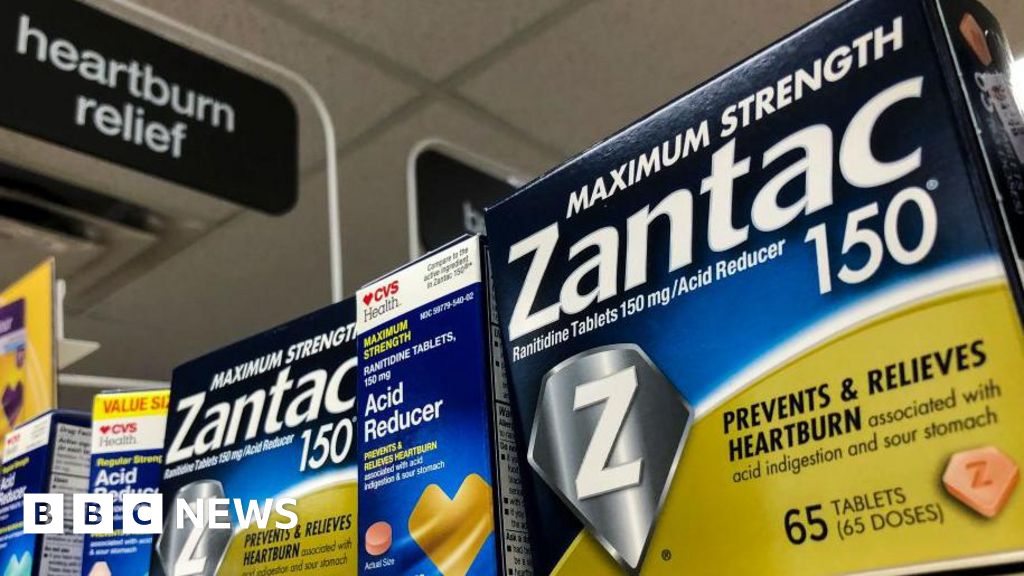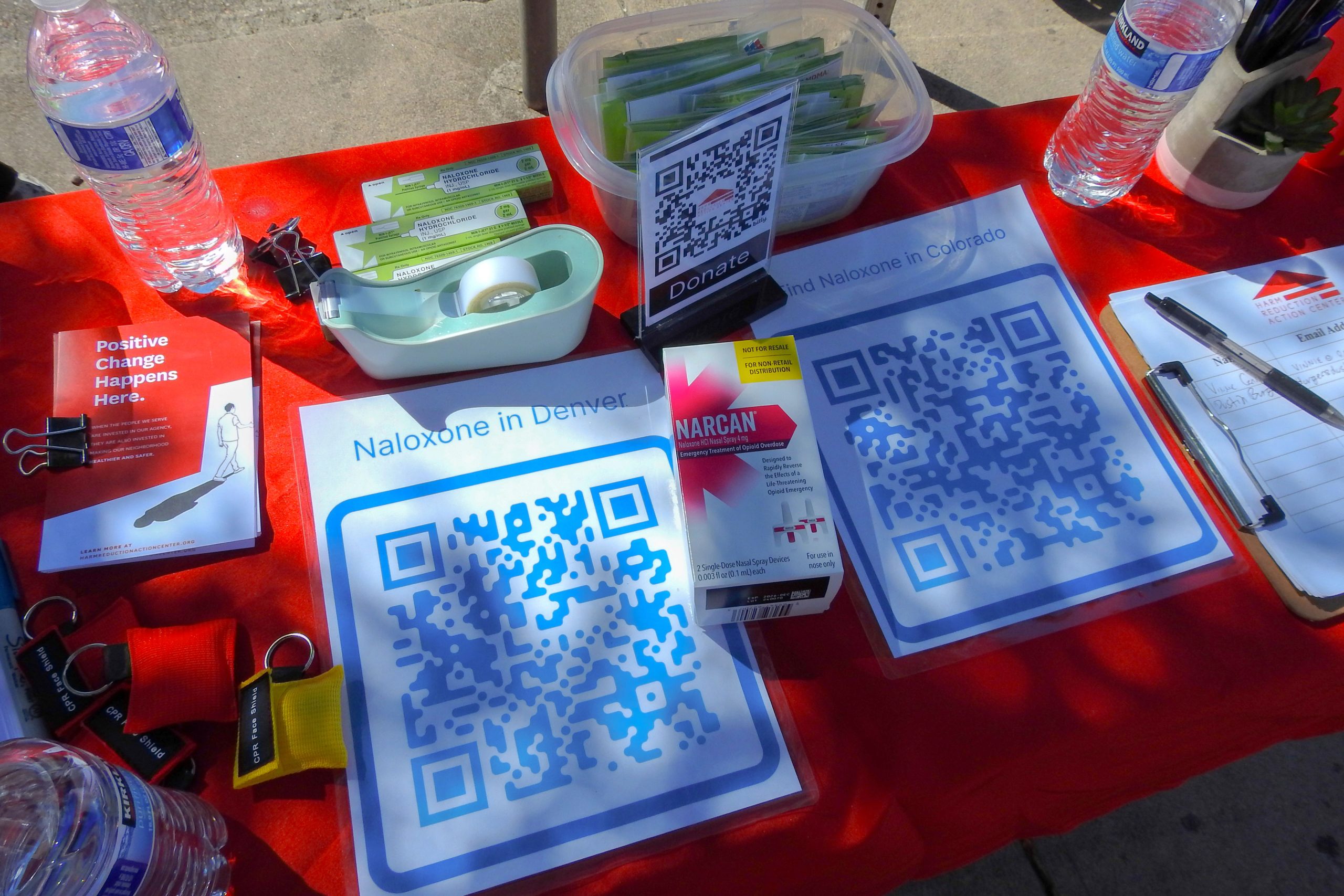UK pharmaceutical giant GSK says it will pay as much as $2.2bn (£1.68bn) to settle thousands of cases in US courts over claims that a discontinued version of its heartburn drug Zantac caused cancer.
The firm announced that it had reached agreements with 10 law firms who represent around 80,000 claimants. The settlements account for 93% of all cases.
GSK will also pay $70m to resolve a whistleblower complaint by a laboratory that alleged the drugmaker defrauded the US government by concealing Zantac’s cancer risks.
GSK did not admit wrongdoing in any of the cases.
The company said in a statement to investors that while there is “no consistent or reliable evidence” the drug increases the risk of cancer, the settlements “remove significant financial uncertainty.”
Zantac was first approved for sale in the US in 1983.
Within five years it was the world’s best-selling drug, with annual sales topping $1bn.
In 2020, US regulators pulled Zantac off shelves due to fears that a key ingredient, ranitidine, could turn into a substance that may cause cancer when exposed to heat.
That move led to tens of thousands of lawsuits against the drug’s manufacturers.
The previous year, UK doctors were told to stop prescribing four types of Zantac as a “precautionary measure”.
It followed concerns in several countries that the products may contain the impurity.
As well as being sold by GSK, the drug has also been marketed by other major pharmaceutical firms Pfizer, Sanofi and Boehringer Ingelheim.
Pfizer and Sanofi have both agreed to settle cases.
Boehringer Ingelheim is the exception. It has not announced any major settlements.
A drug under the name of Zantac 360, which contains no ranidine, is still being currently sold.


